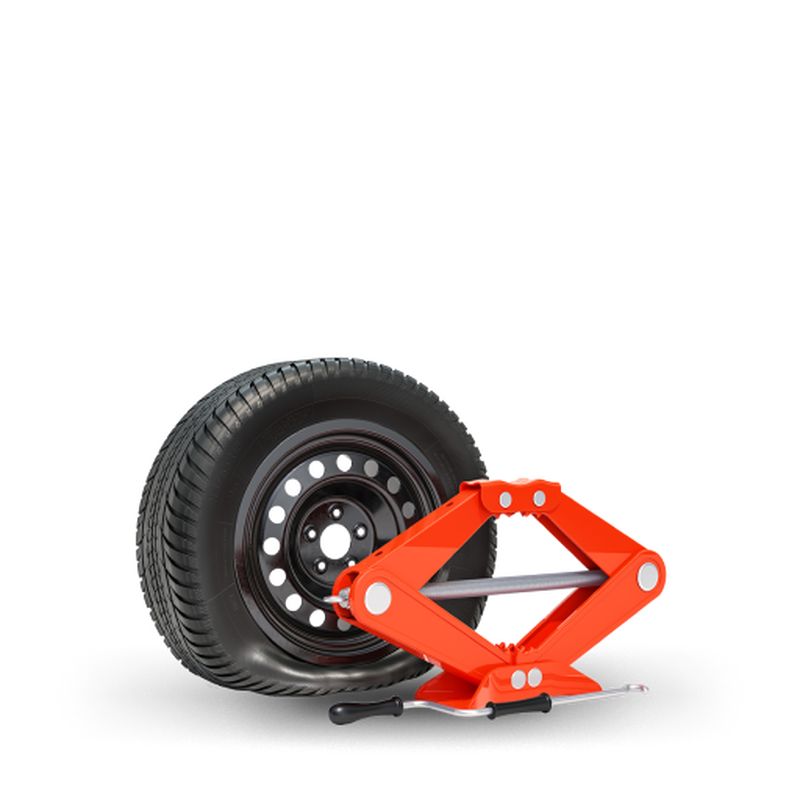Enhance Your Drive: Top-Notch GMC Tires Service at Morris Tires
Wiki Article
Tire Service: The Influence of Weather
When it concerns guaranteeing ideal efficiency and security on the road, understanding the impact of climate condition on tire solution is important. From scorching warm to icy roads, each weather component can considerably influence tire performance and general driving experience. By diving right into the results of varying climate condition on tires, motorists can acquire important insights that may boost their automobile's performance and durability. In this conversation, we will certainly explore the detailed connection between weather and tire service, dropping light on the importance of weather-specific tire maintenance techniques and considerations.Heat and Tire Efficiency
When revealed to high temperature levels, tires experience modifications in performance that can significantly affect automobile safety and security and handling. The warm created from long term driving or hot weather problems triggers the tire rubber to soften, leading to decreased step life and raised wear.
Cold Weather Effects
Cold climate problems can have a considerable influence on tire performance and safety and security. As temperature levels decrease, tire rubber can harden, bring about lowered traction on icy or snow-covered roadways. In winter, tires may additionally lose air pressure more swiftly, which can impact handling and gas effectiveness. Furthermore, cool temperature levels can create tire sidewalls to stiffen, increasing the danger of damages from splits or various other road risks.To mitigate the impacts of cool weather on tires, it is essential to regularly examine tire stress and inflate them to the supplier's advised levels. Utilizing winter season or all-season tires created for winter problems can likewise enhance traction and hold on icy or snowy roadways. Proper tire maintenance, consisting of normal assessments for wear and damages, comes to be even a lot more critical throughout cooler months to ensure optimal efficiency and security.
Rainy Conditions Effect
Throughout wet problems, tire performance and safety and security can be substantially influenced by the damp roadway surfaces and minimized exposure. The step pattern of tires plays an essential role in preserving traction on damp roadways. Tires with worn-out go to website footsteps are much more susceptible to hydroplaning, where a layer of water builds up in between the roadway and the tire surface area, leading to loss of grip. To battle this, chauffeurs should frequently examine their tires for sufficient walk depth and think about purchasing tires especially made for wet problems.In addition, wet climate can additionally lower visibility, making it challenging for vehicle drivers to see the road in advance clearly (GMC Tire Service). In such problems, it is essential to change driving speeds as necessary and preserve a secure adhering to distance to permit for sudden quits. Appropriately inflated tires can also assist in maintaining control on wet roadways by providing better handling and grasp
Snow and Tire Security
When driving in snowy conditions, having the appropriate tires can make a significant difference in security and efficiency. Winter season tires are created with unique rubber compounds and step patterns to provide much better grip on snow and ice contrasted to all-season tires.
It is essential to follow producer guidelines when utilizing and installing tire chains to avoid damage to the tires and vehicle. By choosing the best tires, maintaining appropriate inflation, and considering extra grip help like tire chains, chauffeurs can improve their security when browsing snow-covered roads.
Weather-Related Tire Maintenance
Weather-related tire maintenance includes a range of techniques intended at making certain optimum tire feature and longevity in different weather condition scenarios. One key facet of weather-related tire upkeep is tire stress policy. Examining tire walk routinely and replacing tires when step wear gets to a specific depth is essential for preserving traction and security in damaging climate.
Final Thought
In final thought, climate problems have a significant influence on tire efficiency and security. From heat influencing tire pressure and wear to winter decreasing grip, it is important to think about the climate when preserving and utilizing tires. Rainy conditions can reduce grip and bring about hydroplaning, while snow can enhance the risk of crashes if tires are not correctly equipped. Weather-related tire maintenance is crucial in making certain ideal efficiency and security when driving.In this conversation, we will certainly discover the elaborate connection between climate conditions and tire solution, shedding light on the importance of weather-specific tire maintenance methods and factors to consider.

Report this wiki page